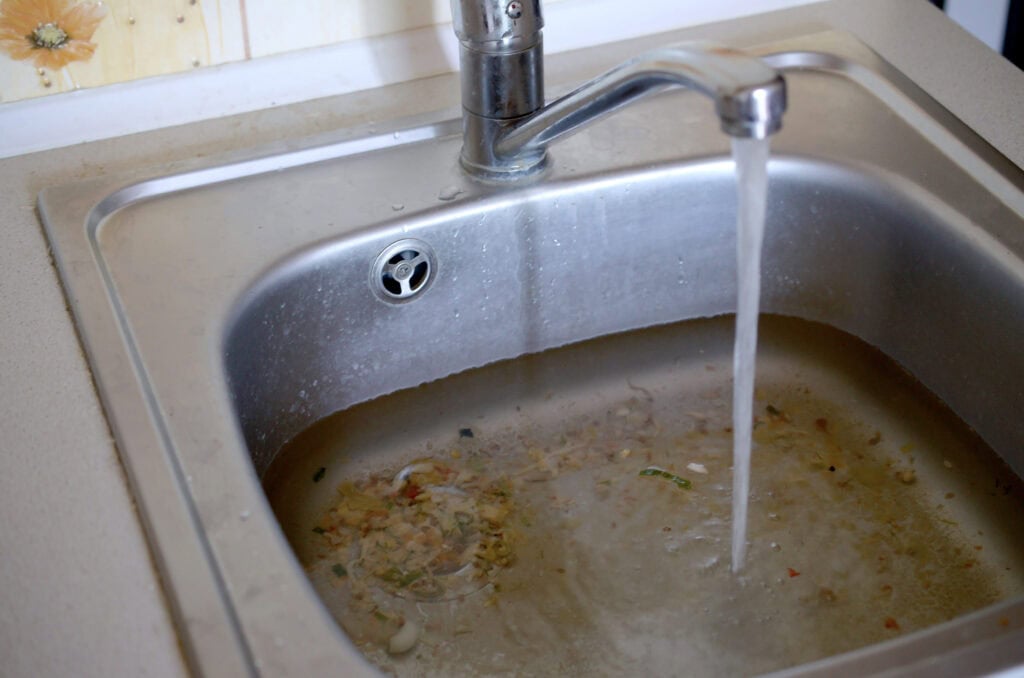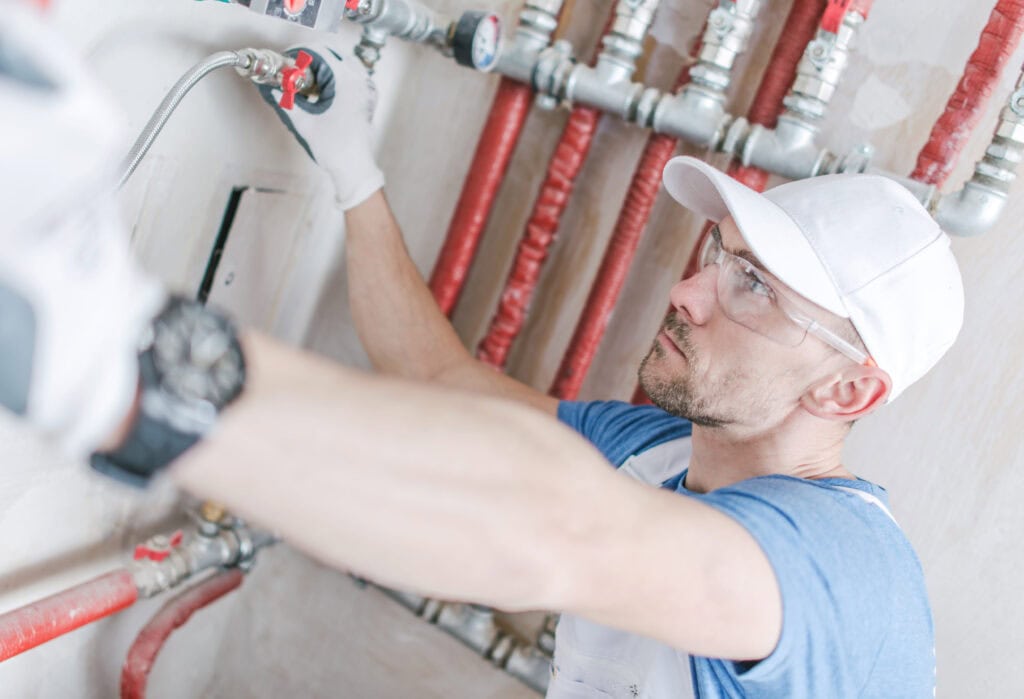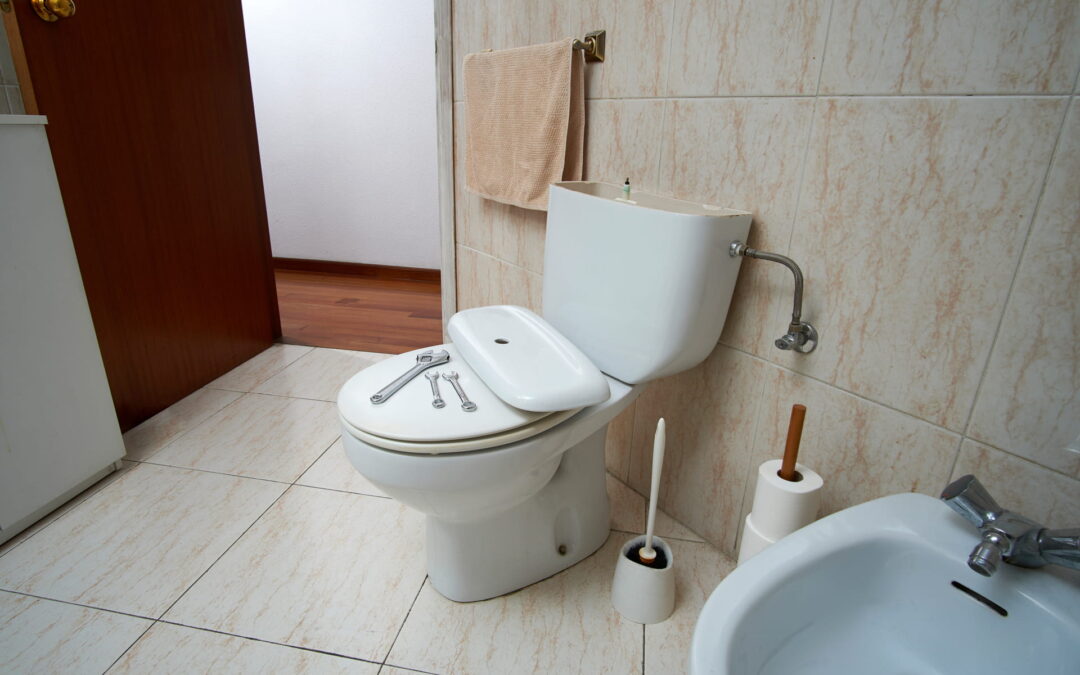Plumbing issues can strike any home at the most inconvenient times, causing not only frustration but also potential damage and costly repairs. Understanding how to prevent these problems is essential for maintaining a healthy plumbing system. This discussion will delve into practical tips shared by professional plumbers to keep your plumbing in top condition. These insights come from seasoned experts who know exactly what causes most residential plumbing nightmares and how to avoid them.
Regular Plumbing Inspections
One of the foundational steps in preventing plumbing problems is to schedule regular inspections. Professional plumbers often uncover issues that homeowners may overlook, which can prevent minor issues from escalating into major repairs. For instance, a small leak under the sink if left unchecked, can lead to significant water damage and mold growth over time.
- Early detection of potential issues
- Preventative maintenance to save money
- Advice on potential upgrades or replacements
Avoiding Drain Clogs
Clogged drains are among the most frequent plumbing issues faced by homeowners. However, most of these clogs are preventable with proper usage and routine maintenance. Professionals advise homeowners to be cautious about what goes down the drains—especially in the kitchen and bathroom, where the majority of clogs occur.
- Never pour oils or grease down the kitchen sink
- Use drain strainers to catch hair and other debris
- Regularly flush drains with hot water to clear build-ups
Proper Garbage Disposal Use
Garbage disposals are fantastic tools for reducing kitchen waste but require correct handling to operate smoothly. Professional plumbers often encounter disposals jammed with materials that should not be processed by these devices. They recommend running cold water during and after disposal use to ensure materials fully clear the drain line.
- Avoid disposing of fibrous materials like celery or banana peels
- Run cold water during and after disposal use
- Regularly clean your disposal with natural cleaners like vinegar and baking soda

Water Pressure Management
Excessive water pressure can harm your plumbing infrastructure, leading to leaks or burst pipes. Plumbers can measure your home’s water pressure and install a regulator if necessary, to maintain a safe level. Keeping an eye on water pressure not only protects your plumbing but also extends the life of your appliances.
- Check water pressure periodically
- Install a pressure regulator if readings are high
- Monitor for changes in water pressure as a sign of potential issues
Seasonal Plumbing Maintenance
Each season brings different challenges for your plumbing system. For example, winter demands pipe insulation to prevent freezing, while in summer, increased water usage can strain pipes and fixtures. Adhering to seasonal maintenance can significantly reduce the risk of weather-related plumbing problems.
- Insulate pipes in colder months
- Check for leaks after thawing
- Prepare your plumbing for heavy summer usage
Early Leak Detection Techniques
Detecting leaks early can be the difference between a simple repair and extensive water damage. Professional plumbers use tools like acoustic detectors and infrared cameras to find hidden leaks. Homeowners can also keep an eye out for signs of leaks, such as an unexplained spike in water bills or damp spots on walls or ceilings.
- Regularly check for damp or musty odors
- Monitor water bills for unusual increases
- Inspect visible pipes regularly for signs of corrosion or dripping
Upgrading Old Pipes and Fixtures
Older plumbing systems often contribute to recurrent issues. Upgrading to modern, more durable materials can prevent many common problems. A professional plumber can assess your current system and suggest upgrades that would be most beneficial for your home.
- Replace old, corroded pipes
- Upgrade fixtures to reduce leaks
- Consider eco-friendly plumbing solutions that can save water

Educating Household Members
Everyone in your home should understand the basics of plumbing maintenance. This includes knowing how to turn off the main water supply in an emergency. Educating household members on the proper use of plumbing fixtures and what not to flush or dispose of down the drain can prevent many issues.
- Learn to shut off water in emergencies
- Avoid flushing non-degradable items
- Educate on the proper disposal of chemicals and medications
Key Takeaways on Professional Plumbing Tips
Preventing plumbing problems is largely about maintenance and awareness. Regular inspections and proper usage of fixtures can extend the life of your plumbing significantly. Implementing these professional tips not only helps avoid inconvenient and costly repairs but also contributes to the overall health of your home’s plumbing system.
Frequently Asked Questions
- How often should I have my plumbing inspected?
- It’s recommended to have your plumbing inspected at least once every two years, or annually if your home is older or has a history of plumbing problems.
- What is the most common cause of pipe bursts?
- Pipe bursts are most commonly caused by freezing conditions or old, weakened pipes that fail under pressure.
- Can hard water cause plumbing issues?
- Yes, hard water can lead to mineral buildup in your pipes and water heater, potentially causing clogs and reduced water flow.
- How can I tell if my toilet is leaking?
- A simple test is to add a few drops of food coloring to your toilet tank; if the color appears in the bowl without flushing, you have a leak.
- What should I do if I suspect a hidden leak?
- If you suspect a hidden leak, it’s important to contact a professional plumber immediately to diagnose and repair the issue to prevent further damage.
By understanding and implementing these practices, homeowners can significantly reduce the risk of plumbing emergencies, maintaining both the efficiency and integrity of their home plumbing systems.

